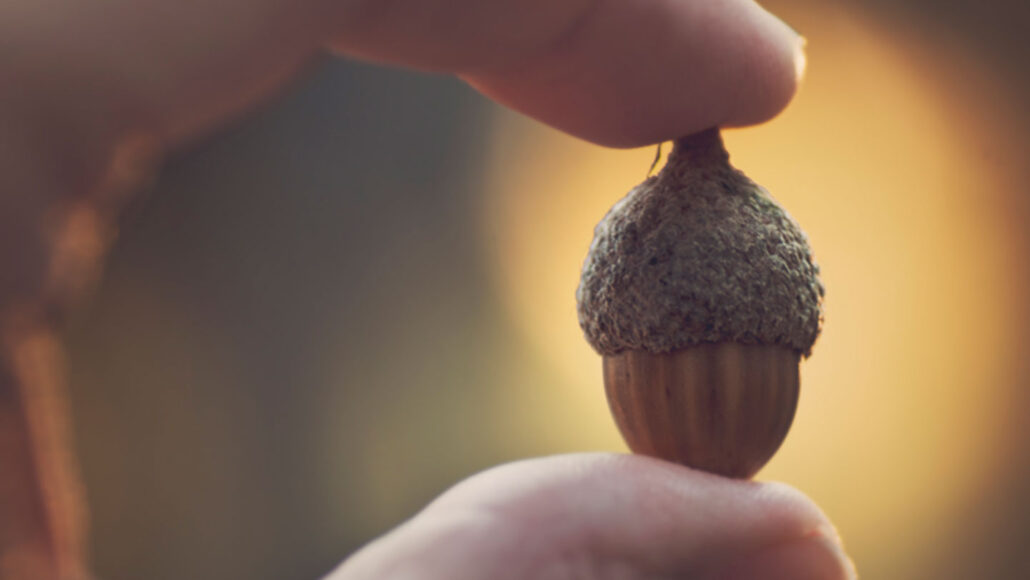agriculture: The growth of plants, animals or fungi for human needs, including food, fuel, chemicals and medicine.
algae: Single-celled organisms, once considered plants (they aren’t). As aquatic organisms, they grow in water. Like green plants, they depend on sunlight to make their food.
biology: The study of living things. The scientists who study them are known as biologists.
bloom: (in microbiology) The rapid and largely uncontrolled growth of a species, such as algae in waterways enriched with nutrients.
cell: (in biology) The smallest structural and functional unit of an organism. Typically too small to see with the unaided eye, it consists of a watery fluid surrounded by a membrane or wall. Depending on their size, animals are made of anywhere from thousands to trillions of cells. Most organisms, such as yeasts, molds, bacteria and some algae, are composed of only one cell.
crop: (in agriculture) A type of plant grown intentionally grown and nurtured by farmers, such as corn, coffee or tomatoes. Or the term could apply to the part of the plant harvested and sold by farmers.
DNA: (short for deoxyribonucleic acid) A long, double-stranded and spiral-shaped molecule inside most living cells that carries genetic instructions. It is built on a backbone of phosphorus, oxygen, and carbon atoms. In all living things, from plants and animals to microbes, these instructions tell cells which molecules to make.
egg: A reproductive cell that contains half of the genetic information necessary to form a complete organism. In humans and in many other animals, ovaries produce eggs. When an egg fuses with a sperm, they combine to produce a new cell, called a zygote. This is the first step in the development of a new organism."
fertilization: The fusion of two gametes. In human reproduction, an egg and sperm combine to make a new individual. In plants, a pollen grain and ovum fuse to make the new individual.
fertilize: (in biology) The merging of a male and a female reproductive cell (egg and sperm) to set in create a new, independent organism. (in agriculture and horticulture) To provide basic chemical nutrients for growth.
fertilizer: Nitrogen, phosphorus and other plant nutrients added to soil, water or foliage to boost crop growth or to replenish nutrients that were lost earlier as they were used by plant roots or leaves.
fruit: A seed-containing reproductive organ in a plant.
gamete: A reproductive cell containing half of the genetic material required to produce an individual. In humans, those gametes are an egg and sperm. In plants, they are a pollen grain and ovum.
genetic: Having to do with chromosomes, DNA and the genes contained within DNA. The field of science dealing with these biological instructions is known as genetics. People who work in this field are geneticists.
nitrogen: A colorless, odorless and nonreactive gaseous element that forms about 78 percent of Earth's atmosphere. Its scientific symbol is N. Nitrogen is released in the form of nitrogen oxides as fossil fuels burn. It comes in two stable forms. Both have 14 protons in the nucleus. But one has 14 neutrons in that nucleus; the other has 15. For that difference, they are known, respectively, as nitrogen-14 and nitrogen-15 (or 14N and 15N).
nutrient: A vitamin, mineral, fat, carbohydrate or protein that a plant, animal or other organism requires as part of its food in order to survive.
organism: Any living thing, from elephants and plants to bacteria and other types of single-celled life.
phosphorus: A highly reactive, nonmetallic element occurring naturally in phosphates. Its scientific symbol is P. It is an important part of many chemicals and structures that are found in cells, such as membranes, and DNA.
species: A group of similar organisms capable of producing offspring that can survive and reproduce.
sperm: A reproductive cell that contains half of the genetic information necessary to form a complete organism. In humans and in many other animals, testes produce sperm. When a sperm fuses with an egg, the two combine to produce a new cell, called a zygote. This is the first step in the development of a new organism."
toxin: A poison produced by living organisms, such as bacteria, algae and certain plants (such as poison ivy). Bees, spiders, snakes and other animals also produce toxins. These are referred to as venoms.








